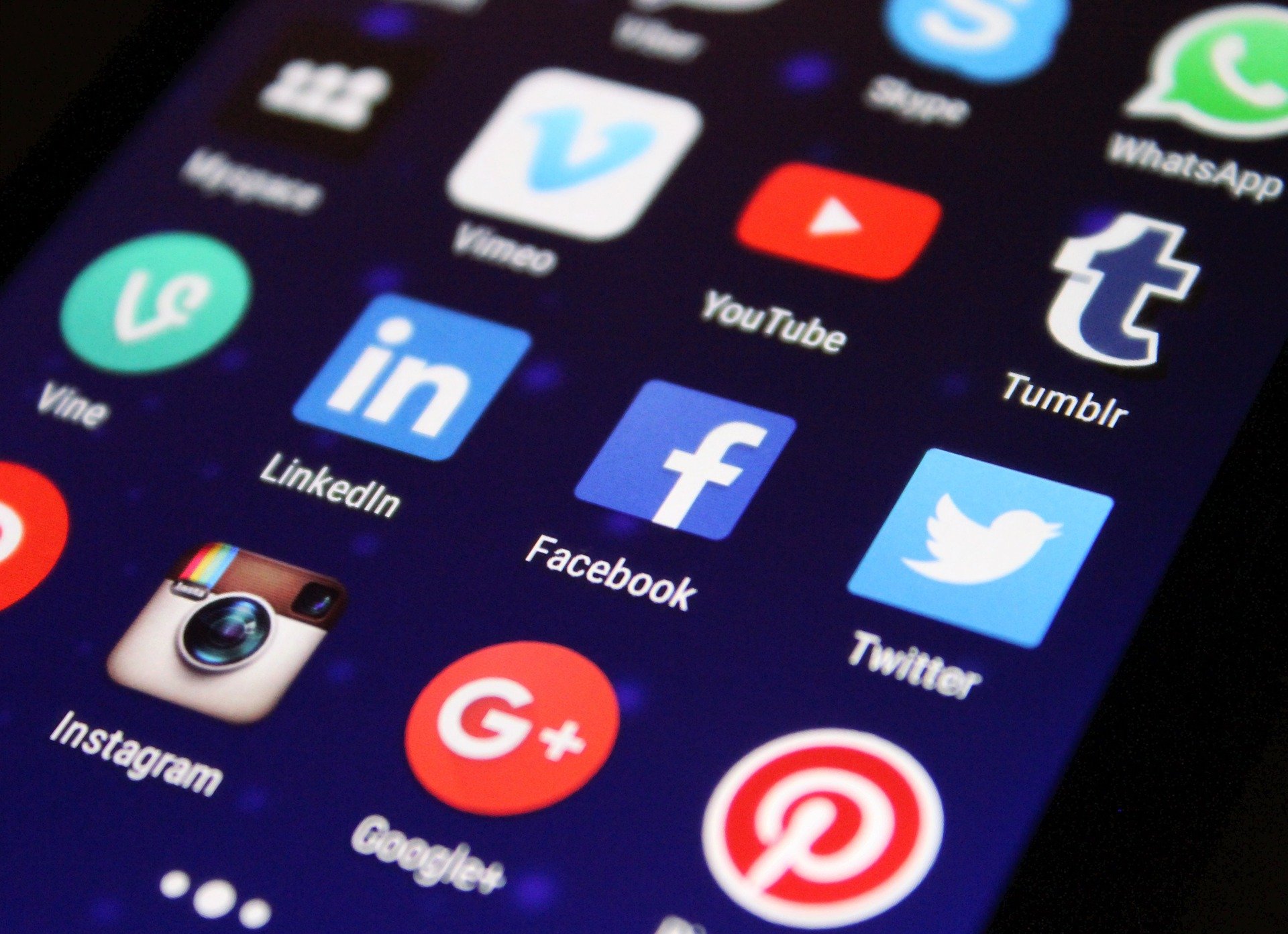The price of principles: How emotions and ethics shape our economic decision making

Actions speak louder than words. But what exactly shapes our actions? For an industry that is placing more and more importance on risk culture and conduct, this is a key question. At RiskMinds International 2019, we learnt a lot from Molly Crockett, Psychology professor, Yale University and a Distinguished Research Fellow at Oxford Centre for Neuroethics, who shared some of her research into morality and the importance of narratives in shaping our decision making.
Imagine if you found a very large sum of cash in a bag somewhere – a taxi cab, for example. Would you try to return it to its owner? There have been numerous stories about exactly this scenario, where the cab drivers themselves returned the money to its rightful owner. One driver even noted, “that money would have changed my life”.
One might wonder what the differences are around the world for such altruistic behaviour. In a study of over 30 countries, a research team turned in over 17,000 “lost” wallets with varying amounts of money at public and private institutions, and measured whether recipients contacted the owner to return the wallets. In virtually all countries, citizens were more likely to return wallets that contained more money (Cohn et al., Science 2019). This strongly suggests that while human behaviour is often viewed as a product of maximisation of material gain or enlightened self-interest, at best, (homo economicus), there is actually another dynamic at work, and that can be attributed to homo moralis, who cares not only about himself, but also about the welfare of others. How money is obtained also matters. Ongoing research at Yale University is focused on evaluating how the value of money changes, depending on whether it was earned in a moral way or if it is tainted somehow.
The stories we tell ourselves about our own actions will influence our choices.
Studying the price of pain
In the Yale experiments, people are offered an opportunity to earn money by delivering mild electric shocks (on the order of a bee sting) to either themselves or to a stranger. The findings show a wide range of choices, from individuals who would not give a single shock to someone else, even for a profit of £20, to people who would deliver 20 shocks to someone else for a mere 10p. But the really interesting observation is that people tend to require more money to shock a stranger than they do to shock themselves, suggesting that tainted gains are less valuable than rewards earned honorably. The reason for this lies deep in the brain and chemistry that is active in the process. Oddly enough, however, the choices change if the money earned is said to be donated to charity – in that case, people are more willing to shock the stranger than themselves. So, the donation aspect appears to offset the ill-gotten gain – highlighting the fact that the stories we tell ourselves about our own actions will influence our choices.
Social media and moral outrage
Shifting to the political realm, the events of 2016, with the Trump victory in the US and the Brexit vote in the UK, reflected another type of dynamic with motivation and willingness to inflict pain on others, or even on institutions. Speaking about Brexit, for example, one Leave voter said “it was a chance to kick the whole establishment where it hurt, for us to send pain the other way”. This sentiment is known as “costly punishment” – when people feel they are being treated unfairly or disrespected, they will behave destructively – even if it hurts them too. Punishment behaviour is observed across cultures all over the world and people tend to punish rival groups much more harshly than they do their own group. In some instances, there may be a hope of being treated better the next time (“teaching the wrong-doers a lesson”), but in others the satisfaction of revenge may be enough, even without positive outcomes. In fact, research shows that people are indeed quite motivated by the satisfaction, although they will more readily ascribe their motivation to the “teaching a lesson” moral stance. This is further complicated by the capabilities available to us now through social media.
Through debates, arguments, and full scale flame wars, the social discourse on moral and political issues these days seems to more geared towards showmanship and outrage than meaningful dialogue. Whether real or theatrical, the display of outrage benefits the groups aligned around it and the individuals who express it, as outrage bolsters their social reputation, garnering more likes, retweets, and favorites. At the same time, newsfeed algorithms are geared towards pushing content that attracts the greatest amount of engagement, leading us to highly emotional and morally charged information, or disinformation, as the case might be.
If outrage is a fire, then social media is gasoline.

Yet as the noise grows louder, the signal is diminished; if everything is worthy of outrage, then effectively nothing is. And further, the rush to be heard may be driving an increase in political polarisation across some societies. In a nutshell, if the more extreme users express more outrage than the political moderates and the extreme views are amplified by the newsfeed algos, then over time the moderates may change their rhetoric, just to be heard. As a result, they may be rewarded for their views, effectively driving the middle towards the extremes.
This has several negative consequences, including a false sense that there is more outrage than there really is; “if outrage is a fire, then social media is gasoline”. But worse than that, wars in the virtual world can lead to extreme violence in the real world. Recent shocking examples include the persecution of the Rohinga people in Myanmar and Buddhist extremist violence against Muslims in Sri Lanka.
Such events lead us back to human motivation, justification, and action. Some of the greatest achievements and worst events in human history have had strong language and narrative components: WWII and the Holocaust, for example, with the narrative of a chosen people achieving their destiny by whatever means necessary. As we turn back to human nature: homo economicus and homo moralis, we should also consider homo narratus, who is influenced by the stories he hears and those he tells. If we want to build a better world, we should reflect on how the narrative process unfolds and evaluate how we can introduce themes that are beneficial for everyone. What stories will you tell, today and in the future?